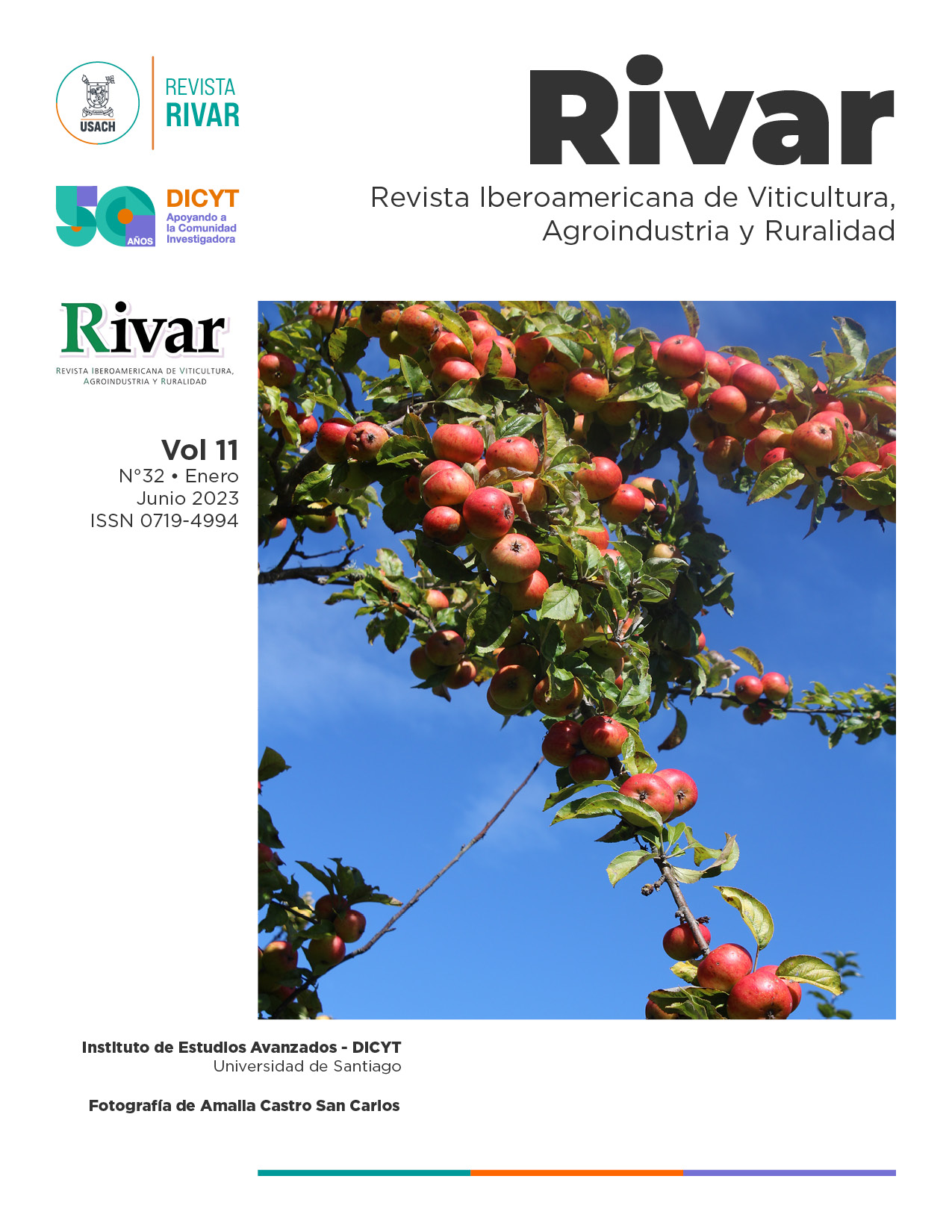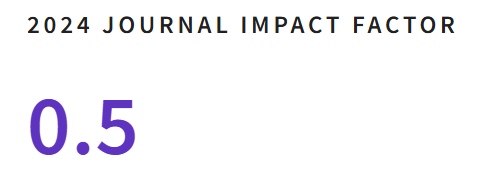Una aproximación a los tipos sociales ganaderos bovinos en norpatagonia
DOI:
https://doi.org/10.35588/rivar.v11i32.6061Keywords:
LIVESTOCK SYSTEMS; DOMESTIC CATTLE; FARMERS; ARGENTINA; TYPOLOGYAbstract
Cattle production acquired special relevance in the northeast of Río Negro province over sheep farming. The change in the sanitary status to the south of the Colorado River in 2013, favored the progressive development of the activity. In addition, the activities from irrigated areas were diversified including forage and grain production. The purpose of this work is to understand the practices and strategies developed by cattle producers, based on the following research questions, What level of homogeneity/heterogeneity do the livestock producers of the region present? How did the changes occurred in the region affected management and production management practices? The quantitative-qualitative approach oriented to the actors, allowed identifying tree livestock social types (familiar, specialized non-family, diversified non-family), as well as the relationship with the production systems, revealing itself as an effective methodology for understanding their specificities. The testimonies collected in this investigation give an indication of the changes that occurred in a sector that was favored by the economic conditions provided by the barrier that boosted the value of the farm, generating a greater number of opportunities.
Downloads
Submitted
2023-04-14Published
Versions
- 2024-07-17 (2)
- 2024-02-29 (1)









